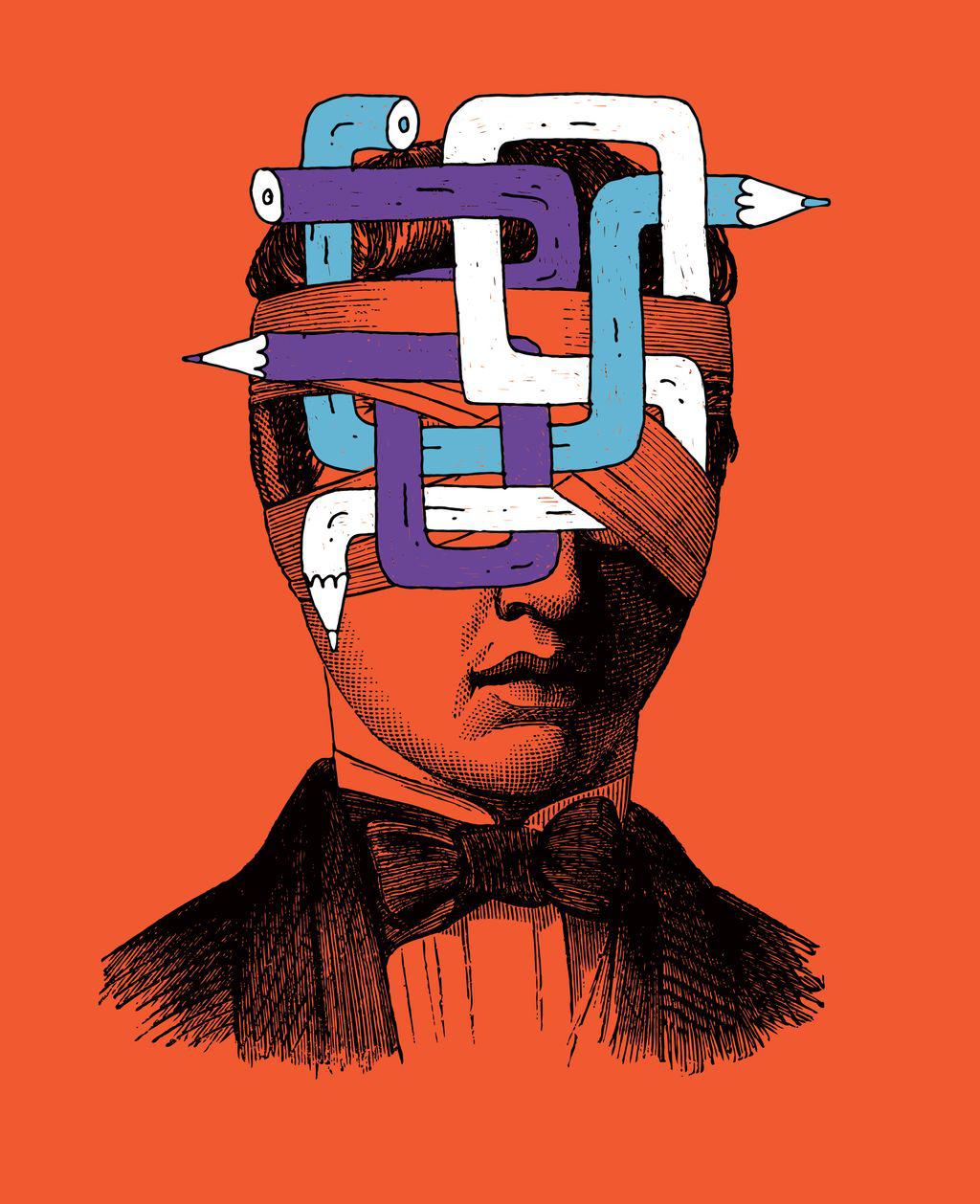HOW TO CURE A CASE OF WRITER’S BLOCK


Recently, my local writers guild asked to feature me in their monthly newsletter. A glutton for exposure, I said yes. I then received a list of 10 questions, two of which stood out. One was “When did you first consider yourself to be a writer?” The other was “What is your biggest time waster?”
In thinking about these two questions, I realized I could answer one with the other: I knew I was a writer when I found myself sitting at my desk day after day with my forehead in my hands, staring at my lap and thinking about how I couldn’t write. My biggest time waster? My own brain, which distracts me from my writing with all sorts of negative messages, impulsive meanderings, and good old-fashioned fear.
In his speech to the graduating class at Kenyon College in 2005, the late David Foster Wallace said, “‘Learning how to think’ really means learning how to exercise some control over how and what you think. It means being conscious and aware enough to choose what you pay attention to and to choose how you construct meaning from experience. Because if you cannot or will not exercise this kind of choice in adult life, you will be totally hosed.”
In other words, we are the architects of our own thoughts, and the sooner we come to realize this, the sooner and more effectively we can exercise control over how we use them. Are we going to be a slave to their capricious wanderings and pessimistic prattle, letting them lead us willy-nilly all over the landscape of our not-writing? Or will we take the helm and, by exercising the right balance of freedom and control, allow our writing the space to flourish?
As a writer, a life coach, and a therapist, I’ve given a lot of thought to the things that keep me – and many of my writer friends – stuck in our work, unable to move forward or think creatively about what needs to come next in our projects. What follows are some straightforward, creative, and compassionate ways to think about what’s keeping you stuck – and to get you going again.
1 PROBLEM: You have ‘too few’ ideas.
You don’t know what your next project is, or your next chapter, or your character’s next move. You are stewing in a pot of “I don’t know,” going in circles trying to figure out what to do and how to do it. You feel like you’ll never have another good idea as long as you live.
Indecision is fear in disguise. This is true not just in writing. Sometimes what feels like poverty of thought is actually FOMO (fear of missing out). You don’t want to
You’re reading a preview, subscribe to read more.
Start your free 30 days